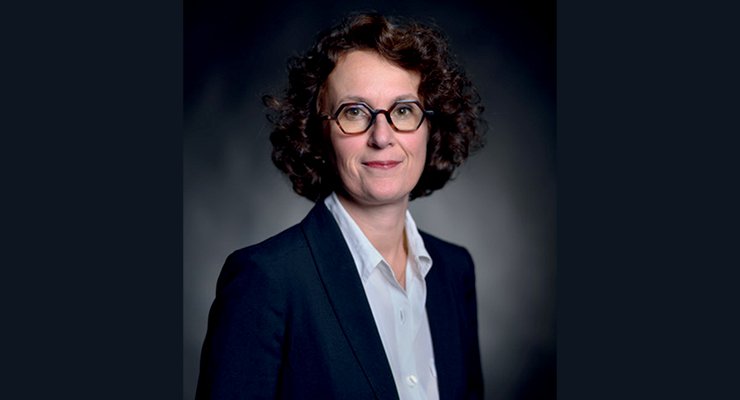Specialty – Energy Efficiency and Renewable Energies (3ER)
The aim of the GP-3ER program is to enable students to acquire the essential scientific concepts and expertise required for the development, optimization and control of energy processes, as well as the development and management of renewable energies. To better understand the issues surrounding energy, students will have the opportunity to develop skills related to the challenges of energy production, transformation, recovery and storage, all with a view to sustainable development.
Programme
The GP-3ER programme is designed to complement a solid training in the various fields of Process Engineering, with specific courses that will enable the engineer to :
- Improve energy efficiency by optimizing process heat exchanger networks, making the most of low calories and intermediate energy storage;
- Design and size-scale production processes for new energy carriers (bioCH4, bioH2, etc.);
- To master energy production and conversion cycles.
As part of the 3ER program, students will take the following courses:
- Energy production, transfer and conversion;
- Industrial cooling;
- Biomass energy conversion processes;
- Energy optimization, transfer and storage;
- Renewable energy conversion and management.
Academic staff
The training is provided by a teaching team bringing together teacher-researchers, industrial speakers and external experts, in order to guarantee quality training adapted to the needs of companies and the challenges of society.
Equipment
Students have experimental and digital platforms. Pilot installations allow students to put into practice the fundamental notions of process engineering (separation processes, heat exchangers, reactors, fluid mechanics, etc.). Students also have access to different digital tools for process simulation and optimization.
Professional openings
Numerous national and international industrial partnerships have been developed with numerous companies linked to process engineering, notably: Alstom, Avril, Bonduelle, Engie, EDF, Framatome, Nestlé, Orano, Sanofi, Suez, Technip, Tereos, Total, Veolia, etc.
International
During their training, engineering students must demonstrate their ability to evolve in an international context. To do this, they have the possibility of following one or more semesters of study and/or internship abroad (around forty destinations around the world: Argentina, Brazil, Canada, Chile, China, Colombia, South Korea , Spain, United States, Finland, Italy, Japan, Portugal, United Kingdom, Sweden, Taiwan, etc.).
A double engineering degree can be prepared with different establishments: universities of Braunschweig (Germany), Cranfield (UK), Itajuba (Brazil), Escuela colombiana de ingeniería (Colombia), Universidad del Sur (Argentina), Polytechnique Montréal (Quebec), École de Technologie Supérieure de Montréal (Quebec), etc.



